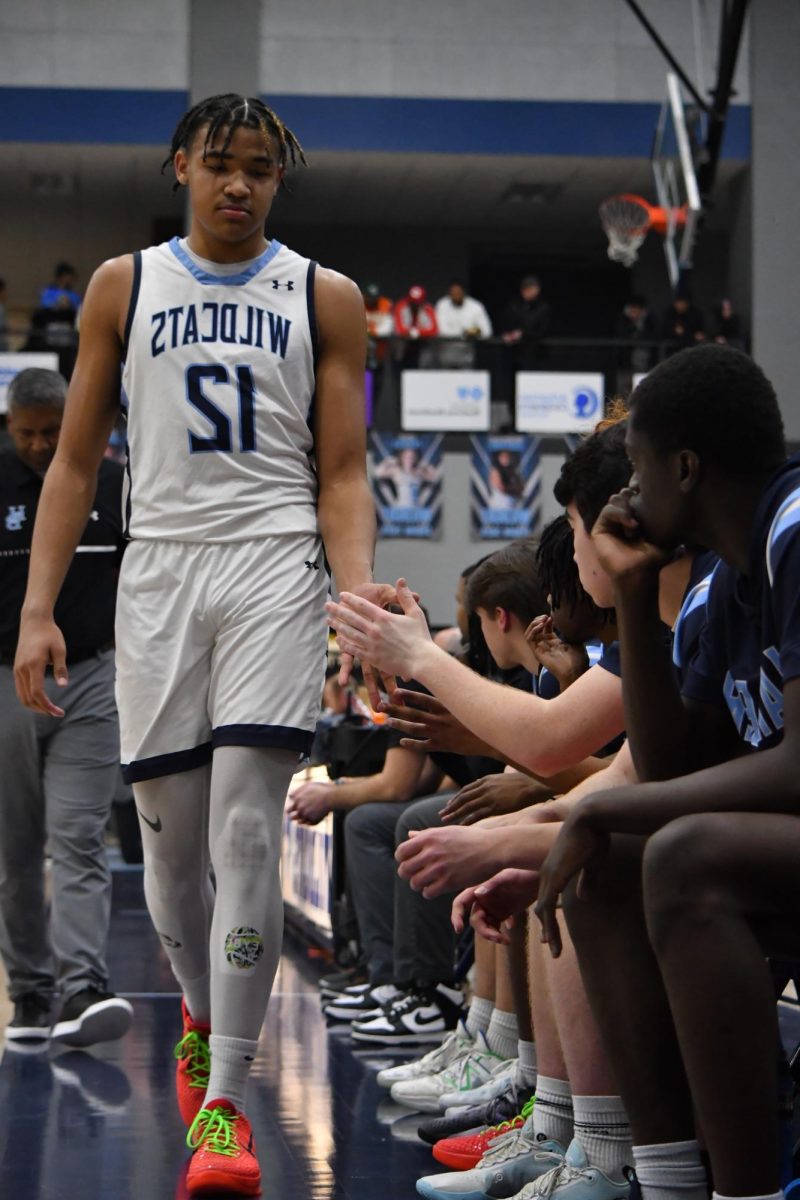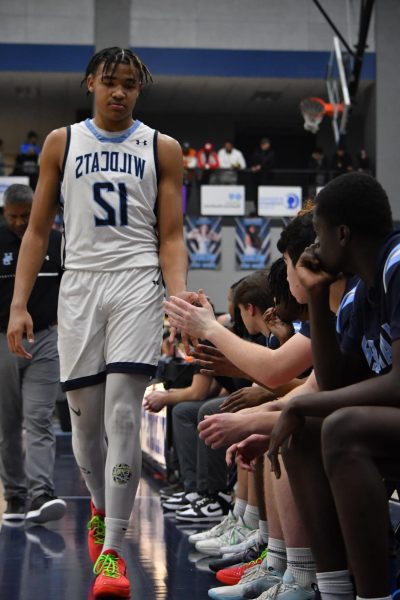Ap classes and sleep
October 19, 2016
Senior Ally Layman sits in her room, legs crossed,, with an array of worksheets, notes, and homework spread out before her. Even at midnight, she is awake with the motivation to complete her work in every single one of her Advanced Placement classes.
“Sleep was kind of an issue. Last year I got about five hours of sleep, so I’d go to bed at 12 and get up at five. This year I have more sleep, 11 to seven,” Layman said.
Over the course of her high school career, Layman has participated in 13 AP courses. A number as high as that tends to cause eyebrows to raise and questions to be asked, further feeding into the debate about the real costs and benefits of taking AP courses.
The argument has boiled down to the single fact that each student handles the workload differently. Denise Pope, a senior lecturer for the Stanford Graduate School of Education, conducted a study and wrote a research paper on the effects of AP courses on students.
“Frankly, many high-achieving high school students are really stressed out. They have a lot to do between extracurricular activities and homework and also trying to get the sleep they need. They need to be prepared for what an AP course involves. The extra tests, extra homework, on top of an already demanding schedule, can be brutal,” Pope said.
Her findings ring true for senior Alex Eremiev as well, as he has juggled seven AP courses in his high school career. Though Eremiev’s studies did not affect his sleep noticeably, they did affect his social life.
“In the beginning, before I knew how to study, they took almost all of my time. But after sophomore year, I figured out exactly how I learn, so I was able to work much more efficiently,” Eremiev said.
Experts and teachers alike agree on one thing: if the student is truly interested in the subject matter of the course, they have a much higher likelihood of succeeding.
“If you are truly interested in the subject, there’s a good teacher,, and you’re surrounded by other motivated students, then you’re probably going to have a good experience from taking a more advanced class. But if you’re pushed into it without good preparation and without a safety net in place at the school to help you if you get in over your head, then it may be more harmful than helpful,” Pope said.
Dr. William Combs, an AP Language teacher, agrees with Pope in her assertion that students will be more likely to learn if they want to be involved. He shares the same belief in why he teaches an AP course.
“I love the subject matter. AP Language is something that I’m pretty passionate about,” Combs said. “Assuming that the student is actually engaged and participating in the class, it is an opportunity to engage in a level of work that is different. For the most part, students have chosen to be in the class so they possess a higher interest level, and that leads to a different learning environment.”
The reason that most students enroll in an AP course is to challenge themselves and position themselves to be accepted and ready for the atmosphere of college learning.
“I take them because I don’t want to be bored. Also, I’m applying for Ivy League and need to be competitive,” Layman said.
The argument simply boils down to each individual student. If their reasoning for being in the class is a personal choice for their own interests, whether because of the subject matter of the course or the way they look on a transcript, the student is far more likely to prioritize in order to be successful and get something out of the class.













